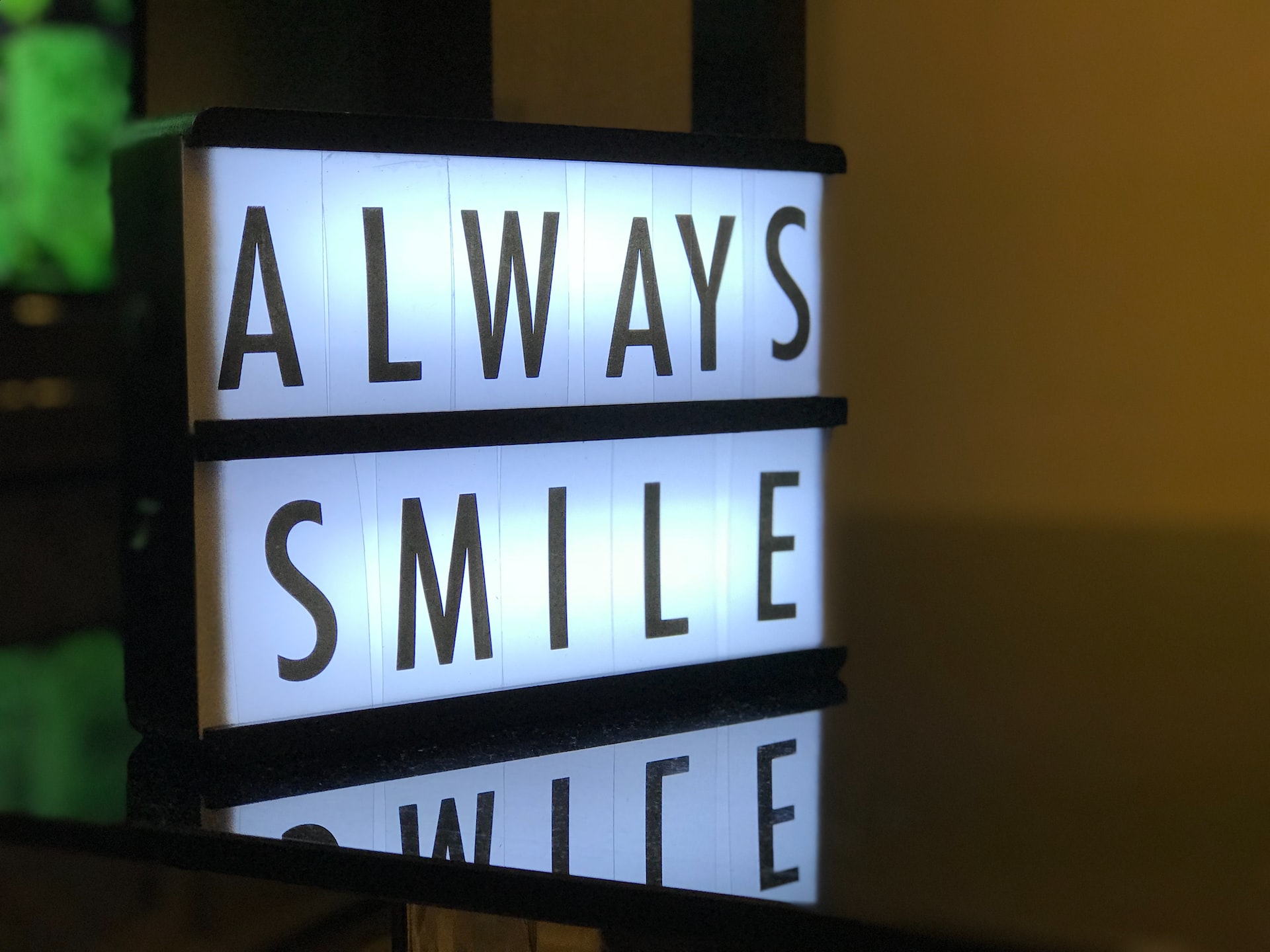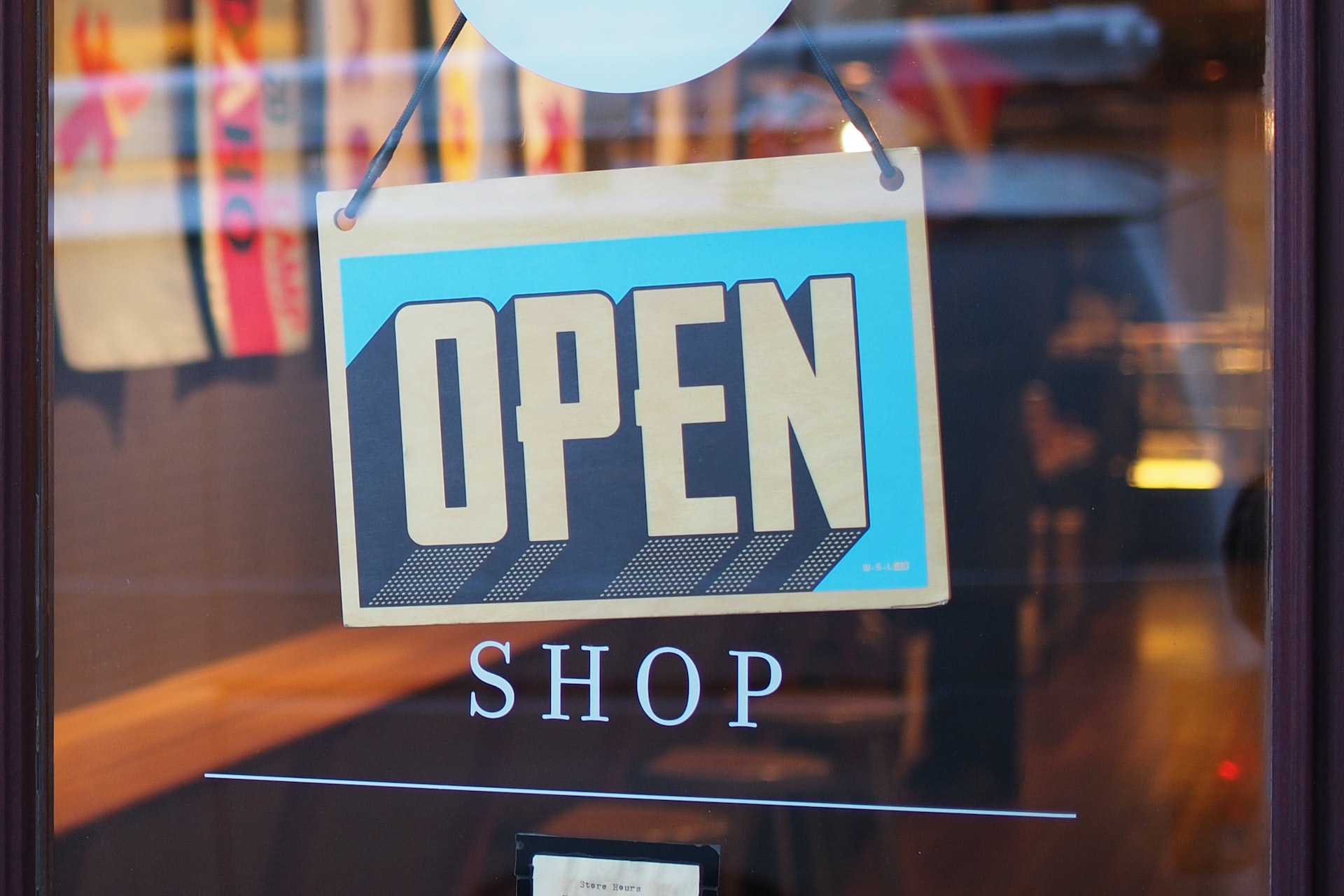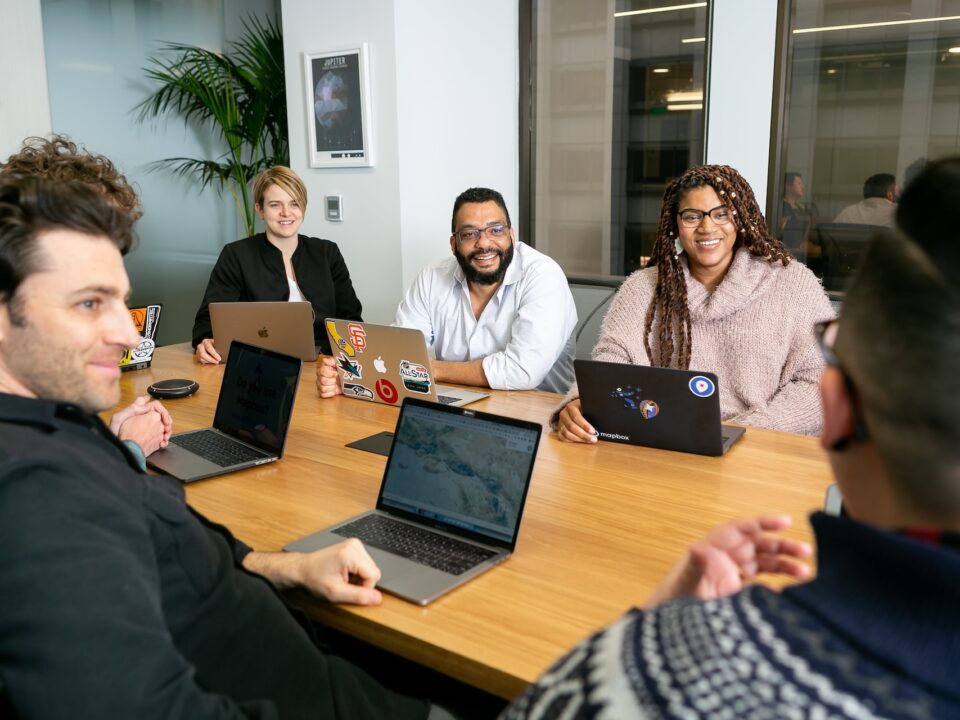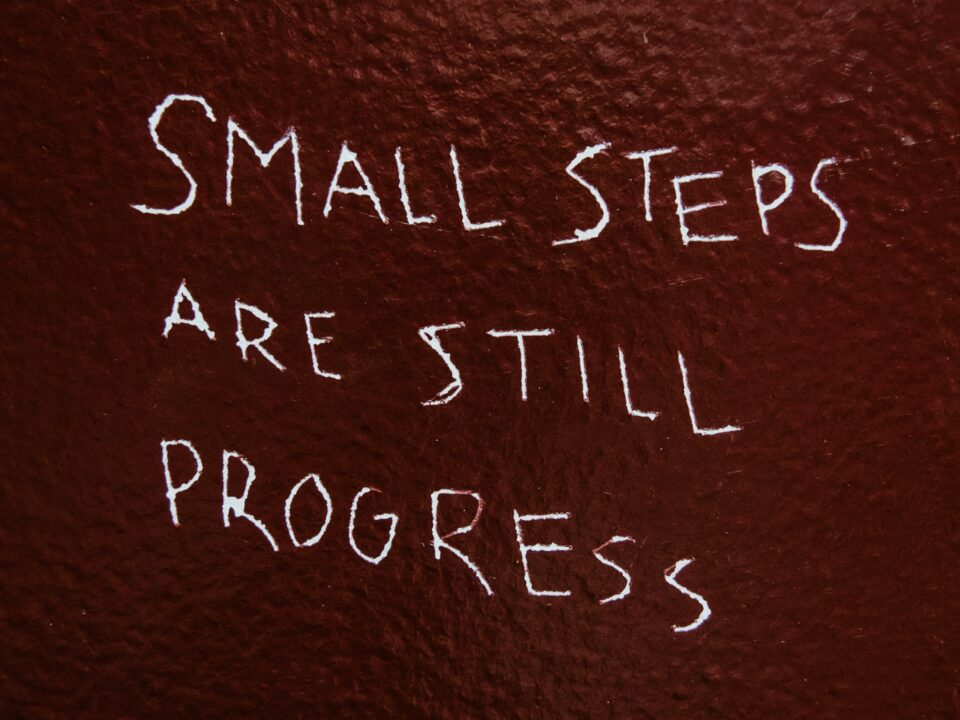
Making a good first impression – tips for building rapport
September 14, 2022
Three steps to build rapport in a customer service environment
November 10, 2022So, you’ve made a great first impression and now you need to build a lasting connection by establishing good rapport. Using questions and active listening are techniques you can use to help with this.
Useful questions to build rapport
You might think all kinds of questions are useful when building rapport, but that’s not the case. Here are the ones you need to focus on.
- Open questions. These are questions you can’t answer ‘yes’ or ‘no’ to and help initiate conversations. Try asking how, why, what, where, what, when, who, questions to show interest and get other people talking.
- Probing questions. These can follow an open question and ask for more detail. For example, ‘Tell me a little bit more about this particular aspect’ or ‘I’m really interested in that and the impact it had on you’.
- Summarising and reflective questions. These check your understanding. For example, ‘What I’m hearing is that you’re really interested in this particular topic, but I just want to double check…’
- Closed questions. These questions look for a ‘yes’ or ‘no’ answer and are useful where you need to establish a fact. For example, ‘So the deadline for the project is Monday?’. They’re also useful for taking control of the conversation by pulling the questioning back to the theme you were hoping to talk about.
Unhelpful questions
There are a couple of question types that won’t help you or could actively hinder you from building rapport.
Leading questions encourage the other person to give you the answer that you want and can be perceived as intimidating when accompanied by body language such as nodding. For example, ‘You’re okay if we don’t do that, aren’t you?’.
Multiple questions are commonly used by journalists and politicians. Asking a three-part question to try and trip somebody up isn’t a great way to establish a positive relationship. By asking a multiple question, you’re only likely to get a person’s concentration on the very first and last thing you say; the middle bit might get lost.
Active listening to build rapport
Human beings aren’t that good at listening. We must make a conscious effort to listen actively in order to build good rapport and communicate effectively.
In his best-selling book ‘The 7 Habits of Highly Effective People’, Stephen Covey says that most effective communicators are great listeners. He also lists five levels of listening:
- Ignoring. You’re distracted and not listening at all.
- Pretending. You’re using the right body language but not listening. You might be nodding along but your mind is elsewhere, and if questioned about what’s just been said, you would struggle to answer.
- Selective. You’re only listening to the bits that interest you and switching off for the rest.
- Attentive. You’re paying attention and listening to everything. THIS is the type of listening we really need for building rapport. You’re actively taking in the information, repeating it back and not thinking about anything else.
- Empathetic. You’re concentrating and listening to understand the intent behind the message. This is most relevant in a counselling setting for very specific conversations.
We should all strive for attentive listening when rapport building, and there are three ways you can demonstrate this:
Verbal responses. Verbal acknowledgement is especially important if having a conversation on the phone. Yes, no, I understand, and summarising questions, are all ways of letting the other person know you are listening.
Nonverbal responses. With face-to-face interactions you can use your body language and facial expressions; eyebrows, nodding, eye contact, for example, to show you are engaged in the conversation.
Suspending judgement. Don’t assume what people are going to say or interrupt them before they’ve finished speaking. Listen to everything they have to say.
Cube Learning and Development delivers tailor-made training and development programmes for your teams along with personal coaching to help with effective communication and presentation. For a no-obligation chat about this and our other training, call Chris Burton on 07879 602002.
Featured image by https://www.pexels.com/@olyakobruseva/




